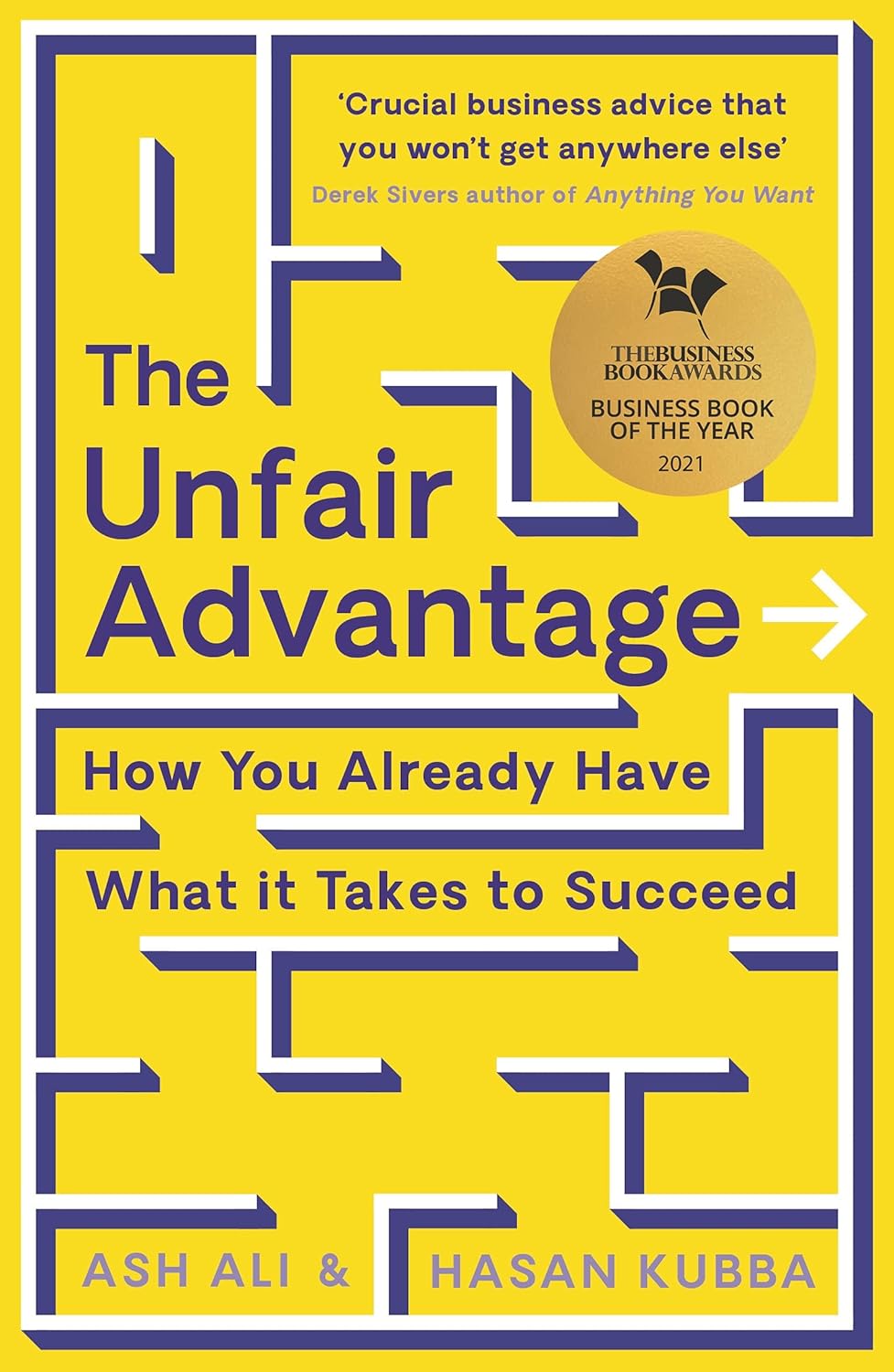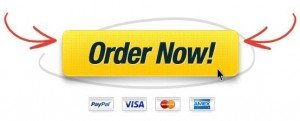
Title: Empowering Paths to Success: A Review of "The Unfair Advantage" by Ash Ali and Hasan Kubba
Introduction
In the ever-evolving landscape of business literature, few titles resonate with insightful realism and motivational narratives as strongly as "The Unfair Advantage" by Ash Ali and Hasan Kubba. Awarded the Business Book of the Year, this book deftly challenges conventional wisdom, asserting that success is not merely the product of hard work and luck, but often a reflection of the advantages we already possess—whether we recognize them or not. In this review, we will delve into the key themes, insights, and practical applications presented in the book, ultimately illustrating why it is a must-read for aspiring entrepreneurs and seasoned business professionals alike.
Overview of Themes
At its core, "The Unfair Advantage" is structured around the titular concept of ‘unfair advantages’—unique characteristics and experiences that can set individuals apart in their journey towards success. Ali and Kubba identify various forms of unfair advantages, breaking them down into categories that include personal attributes, educational experiences, professional networks, and socio-economic backgrounds.
-
Recognizing Your Advantages: The authors emphasize the importance of self-awareness. They urge readers to introspectively examine their skill sets, backgrounds, and relationships in order to uncover undervalued assets that can be leveraged for success.
-
The Role of Mindset: A recurring theme in the book is the significant impact of mindset on success. The authors argue that cultivating an opportunistic and growth-oriented mindset can transform perceived barriers into stepping stones.
-
Utilizing Networks: The book highlights the power of connections and relationships in business. Ali and Kubba stress the necessity of building and maintaining a robust professional network, which can provide mentorship, collaboration, and opportunities that might otherwise remain inaccessible.
- Entrepreneurial Resilience: The narrative frequently addresses the challenges and failures that accompany the entrepreneurial journey. Stories of resilience and perseverance serve to inspire readers to view setbacks not as defeat, but as essential components of growth.
Practical Insights and Applications
One of the strengths of "The Unfair Advantage" is its practical focus. Ali and Kubba provide actionable strategies that readers can implement in their own lives, including:
-
Self-Assessment Exercises: The book includes reflective questions and exercises designed to help readers identify their unfair advantages. By engaging in this self-assessment, individuals can create a personalized framework for leveraging their unique strengths.
-
Goal-Setting Frameworks: Ali and Kubba advocate for SMART (Specific, Measurable, Achievable, Relevant, Time-bound) goals, providing guidance on setting realistic and impactful objectives.
- Networking Strategies: The authors outline specific approaches to cultivating meaningful professional relationships, offering tips on how to approach networking events and utilize platforms such as LinkedIn effectively.
Narrative Style and Accessibility
Ali and Kubba’s writing is characterized by its clarity and relatability. The use of engaging anecdotes, case studies, and practical examples helps to demystify complex concepts, making the book accessible to a diverse audience ranging from novice entrepreneurs to seasoned executives. The conversational tone creates an inviting atmosphere, drawing readers into their journey while encouraging participation in the ongoing dialogue about success.
Conclusion
"The Unfair Advantage" stands out in the crowded arena of business literature for its innovative perspective on success and its emphasis on leveraging personal uniqueness. By focusing on the advantages that readers may already possess, Ash Ali and Hasan Kubba ignite a sense of empowerment and inspiration that is both refreshing and practical.
The book not only opens avenues for introspection but also equips readers with the tools to navigate the challenges of entrepreneurship with confidence. As we continue to face a world rife with uncertainty and competition, "The Unfair Advantage" serves as a vital reminder: success is not solely about resources or luck—it’s about recognizing, cultivating, and capitalizing on the unique advantages that lie within each of us. For anyone aiming to elevate their business endeavors, this book is an invaluable resource and an essential addition to their reading list.
Price: ₹977.19 - ₹260.00
(as of Feb 19, 2025 21:21:13 UTC – Details)
WINNER OF BUSINESS BOOK OF THE YEAR AWARD 2021 AND BEST START UP/SCALE UP BOOK AWARD 2021
‘A powerful way to think about success as an entrepreneur.’
Ali Abdaal, Productivity YouTuber, Podcaster & Ex-Doctor
‘Crucial business advice that you won’t get anywhere else.’
Derek Sivers, Entrepreneur & Author of Anything You Want
This ground-breaking book exposes the myths behind startup success, illuminates the real forces at work and shows how they can be harnessed in your favour.
The world isn’t a level playing field. Meritocracy is a myth. And if you look at those at the top, you realise that behind every success story is an Unfair Advantage. But that doesn’t just mean your parents’ wealth or who you know. An Unfair Advantage is any element that gives you an edge over your competition. And we all have one.
Drawing on over two decades of hands-on experience, including as the first Marketing Director of Just Eat (a startup now worth over £5 billion), the authors show how to identify your own unfair advantages and apply them to any project. Hard work and grit aren’t enough, so they explore the importance of money, intelligence, insight, location, education, expertise, status and luck in the journey to success. From Snapchat to Spanx, Oprah to Elon Musk, unfair advantages have shaped the journeys of some of the most successful brands in the world. This book helps you too find the external circumstances and internal strengths to succeed in the world of business and beyond.
ASIN : B07ND3V1ZS
Publisher : Profile Books; Main edition (23 January 2020)
Language : English
File size : 1.2 MB
Text-to-Speech : Enabled
Screen Reader : Supported
Enhanced typesetting : Enabled
X-Ray : Enabled
Word Wise : Enabled
Print length : 257 pages











